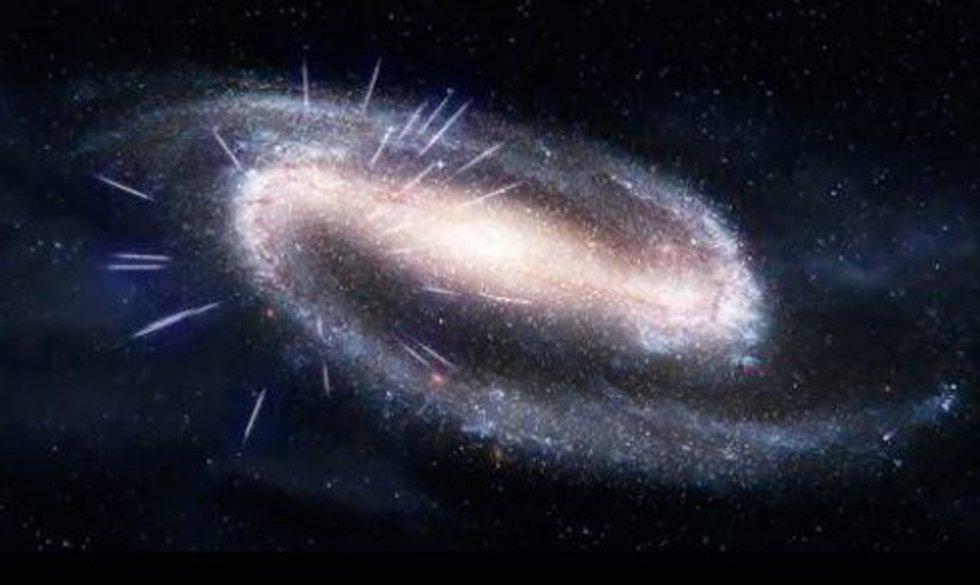Since 2007, astronomers have been working hard to become aware of the inexplicable radio signals that have been picked up from space. The signals, which are captured as flashes of light, have different rhythms, and the most recent observation had the same rhythm as heartbeats.
The signals probably come from a galaxy about a billion light-years away, but it is impossible to determine exactly where and what it comes from, writes a group of researchers in a study published in the journal Nature.
Flashing in obvious pattern
The signals are called Fast Radio Bursts (FRB), and are very intense and very short-lived radio waves of unknown origin. The first were discovered in 2007, and since then astronomers have captured hundreds of rapid cosmic flashes of light from various areas.
Most FRBs are strong flashes of light that last for milliseconds before disappearing completely, while about 10 percent of them flash in obvious patterns. Due to the speed of the flashes of light, they are very difficult to detect.
One of the tools that has nevertheless managed to capture them and document them is the interferometric radio telescope Canadian Hydrogen Intensity Mapping Experiment (CHIME) in Canada.
The telescope has been in use since 2018 and its main task is to scout for radio signals. In 2019, CHIME captured something that caught the researchers’ attention.
– It picked up fast radio signals that behaved very differently from previous observations, says researcher Daniele Michilli at the Massachusetts Institute of Technology’s Kavli Institute for Astrophysics and Space Research to CNN.
– We are talking «boom boom boom»
The signal, which has been named FRB 20191221A, lasted for three seconds, which is about 1000 times longer than other radio signals. Michilli happened to be at work when the signal was detected.
– It was very unusual. In addition to the fact that it lasted a very long time, CHIME recorded rhythmic jumps that were extremely precise. We talk “boom boom boom”, just like heartbeat, and we have never registered that before, says Michilli.
Scientists do not know exactly where the signals come from, but astronomers are developing technology that will be able to point to specific galaxies.
Further analysis of FRB 20191221A shows that the signals are relatively similar to the energy emitted when neutron stars die, called magnets, but the radio flashes are about a million stronger than a magnetar.
– One would think this was a magnet on steroids, says Michilli.
Researchers continue to look for FSBs in the night sky, as well as other unexplained phenomena.
Video: Researchers talk about the observations:
–

:quality(80)/cdn-kiosk-api.telegraaf.nl/7affae30-04e0-11ed-8838-02c309bc01c1.jpg?resize=150%2C150&ssl=1)
:quality(80)/cdn-kiosk-api.telegraaf.nl/d20431aa-0545-11ed-a258-0255c322e81b.png?resize=150%2C150&ssl=1)